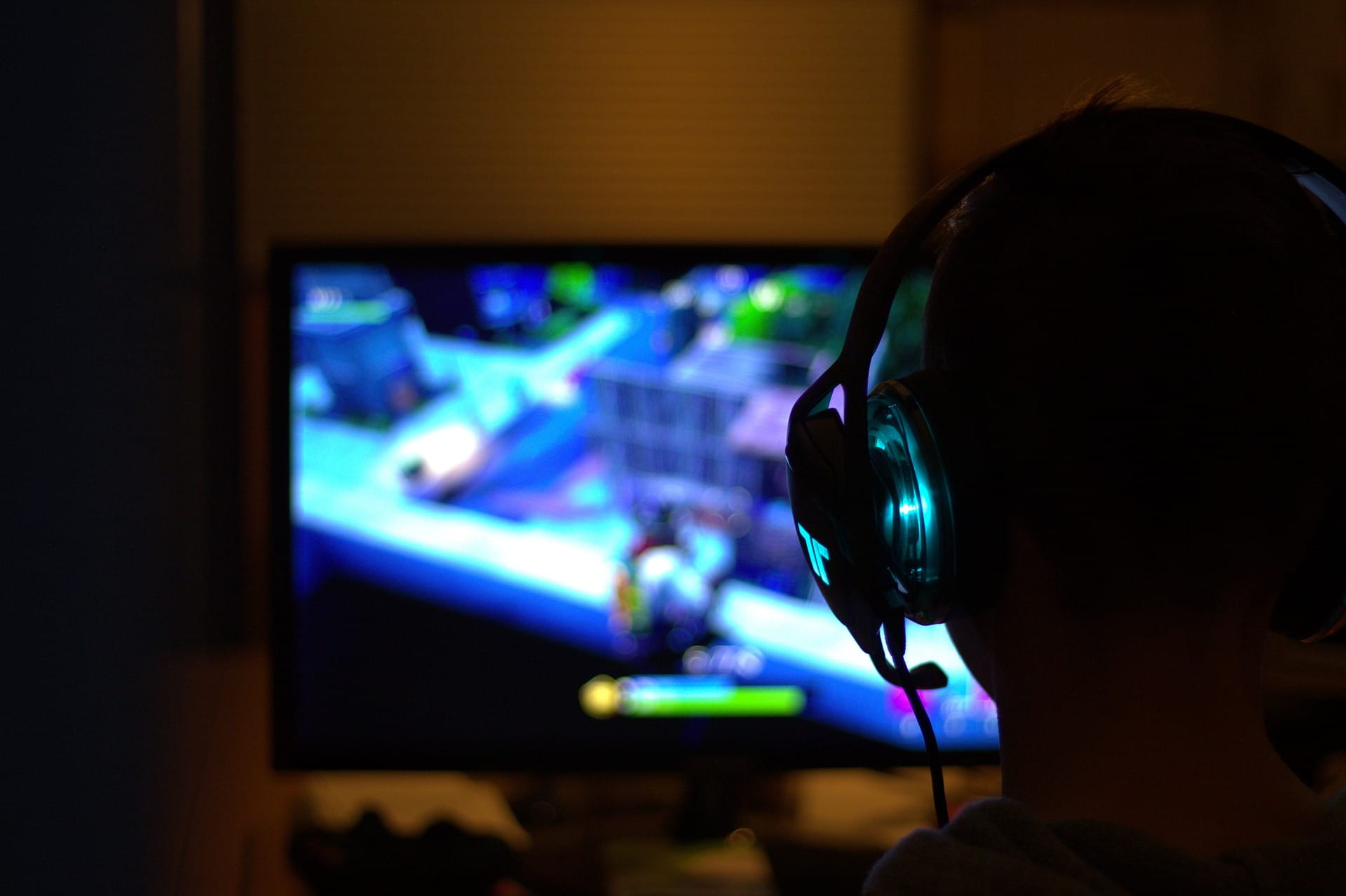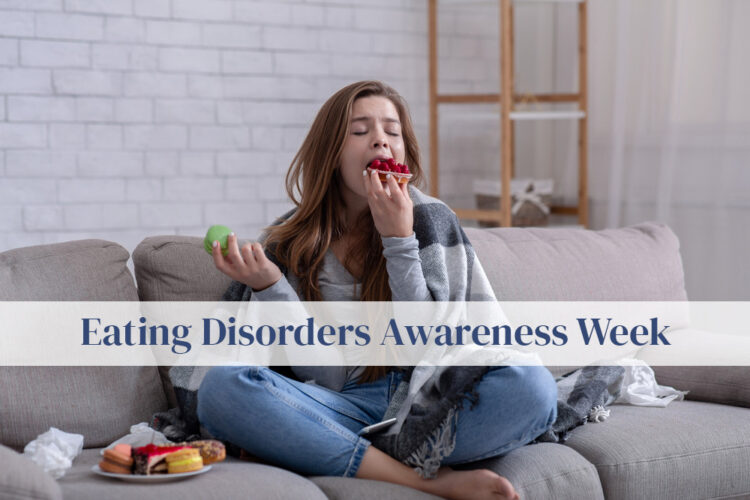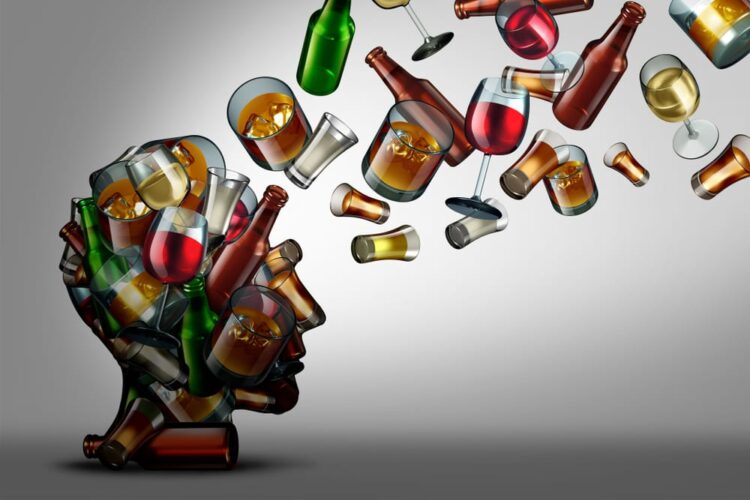
It Doesn’t Have To Be Game Over
It is the general consensus that the word addiction is often associated with toxic substances such as drugs and alcohol. However, addiction comes in many forms and with the recent classification of the disease, video gaming is becoming more recognised and claiming its rightful position under the umbrella of addiction.
Gaming addiction is on the rise and according to Hussain 2009, 41% of people who play online video games admitted that they play as an escape from the real world, with 7% classified as dependent. These authors also claim that the addicted gamer used video games to modify their moods, demonstrated tolerance and showed signs of relapse, mirroring the typical behaviours of an addict. Furthermore, a study in Germany found that 6% of teenagers were classified as addicted to video games and found that video games were a way of coping with negative moods. Interestingly Ko, 2009 showed that the same regions of the brain that are activated when cravings occur in alcohol and drug addicts, are also activated in video game addicts when computer game images are shown. These different research findings, provides similarities not only between the behavioural side of addiction, but also behind the science and the reward pathways within the brain. However, it is important for us to do the things we enjoy and gaming is an enjoyable hobby for many, so when does it become a problem?
The following questions may help you or your loved one if you are worried about gaming addiction.
- Are you thinking about gaming a lot of the time?
- Do you struggle to quit and reduce the amount of time you play?
- Do you lie about how much time you spend playing?
- Are you using gaming to enhance your mood and are other things less enjoyable to you?
- Is it affecting school, work or relationships?
A combination of research and the implications they may have on one’s health, would have influenced the decision in classifying gaming addiction by the World Health Organisation in 2018. WHO states, “Gaming disorder is defined in the 11th Revision of the International Classification of Diseases (ICD-11) as a pattern of gaming behavior (“digital-gaming” or “video-gaming”) characterized by impaired control over gaming, increasing priority given to gaming over other activities to the extent that gaming takes precedence over other interests and daily activities, and continuation or escalation of gaming despite the occurrence of negative consequences”.
Gaming addiction can be very isolating, it can take over and have a serious impact on people’s lives. Time is spent within the digital world and not the real world, taking precious time away from social interactions such as those with families, friends and loved ones. Careers or education may become less important to the gamer, disrupting and hindering previous goals and ambitions. This classification from WHO will help people have a better understanding of the condition, allowing more people to seek help. There may have previously been misconceptions that as video games aren’t perceived as harmful products, like substances such as drugs or alcohol that the overplay of gaming wouldn’t have detrimental effects. This is a myth, it has officially been classified and the research is there – gaming addictions are harmful.
So how to get help?
According to King, 2010 the most common treatment for gaming addiction is cognitive behavioral therapy. Therapy work in addiction treatment centres such as Ibiza Calm, can help tackle gaming addictions by working and supporting the addict and families step by step, addressing underlying root causes, that may not have previously been addressed.
Teenagers, adults, males and females can be affected by Gaming Addiction and It may be difficult to admit, just like any other. Listen to loved ones and be mindful of your gaming time alongside the questions listed above, the right help is there and the help can be life changing – it really doesn’t have to be game over.
Reference List
Hussain, Z. & Griffiths, M.D. Int J Ment Health Addiction (2009) 7: 563. https://doi.org/10.1007/s11469-009-9202-8
King, D.L., Delfabbro, P.H. & Griffiths, M.D. (2010). Cognitive behavioural therapy for problematic video game players: Conceptual considerations and practice issues. Journal of CyberTherapy and Rehabilitation, 3, 261-273.
Ko C, Liu G, Hsiao S, Yen J, Yang M, Lin W, Yen C, Chen C
Journal of Psychiatric Research, vol. 43, issue 7 (2009) pp. 739-747 Published by Elsevier Ltd
World Health Organisation . (2018). Gaming Disorder . Available: https://www.who.int/features/qa/gaming-disorder/en/. Last accessed 26/08/2019.
Share this information, choose your platform!
Eating Disorders Awareness Week
Eating Disorders Awareness Week (EDAW), takes place this year from Monday, February 27 – Sunday, March 5. This is an annual campaign aimed at improving the public knowledge around the realities of eating disorders, and to give hope and support …
How much alcohol is too much?
In January, Health Canada, in conjunction with the Canadian Centre on Substance Use and Addiction, released new guidelines on alcohol consumption. They state that not drinking alcohol at all is best, it leads to better health and better sleep. For …
6 tips for making your mental health rehab experience a positive one.
It is estimated that one billion people around the world struggle with some type of mental health condition, which includes illnesses such as depression, anxiety, or addiction. 1 in 4 people will be affected at some point in their lives; …
What to expect when entering rehab
Accepting that you need help, whether it is for drug and alcohol misuse, addiction, or a mental health problem such as depression and anxiety, is a huge first step, and one that should be congratulated. When you are thinking about …









